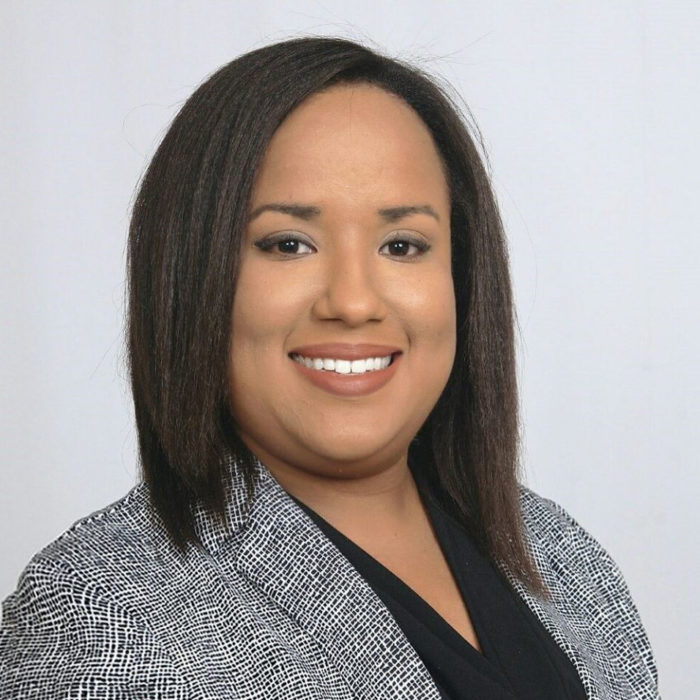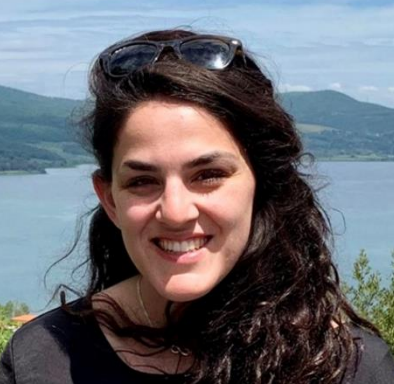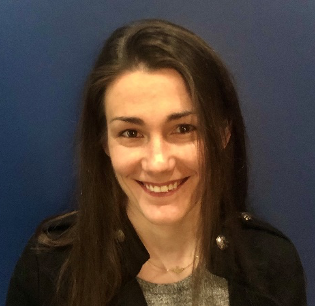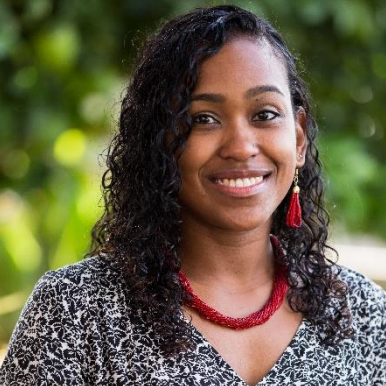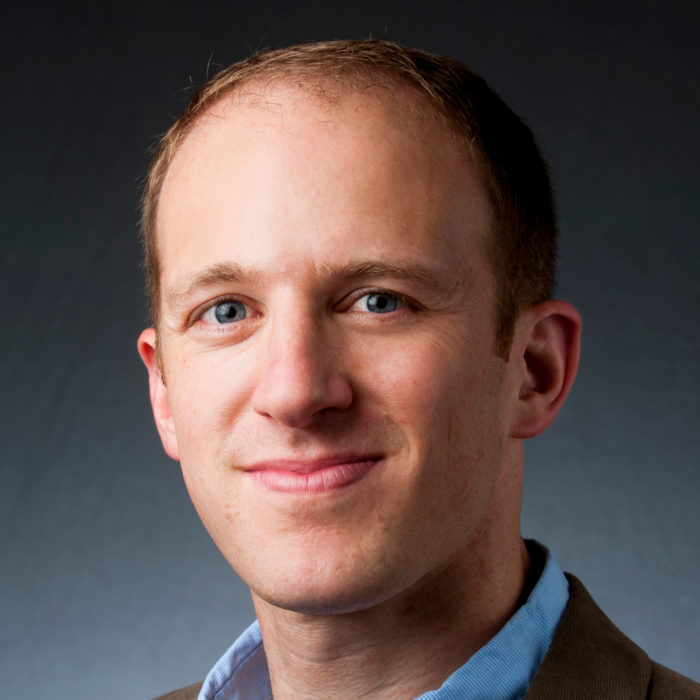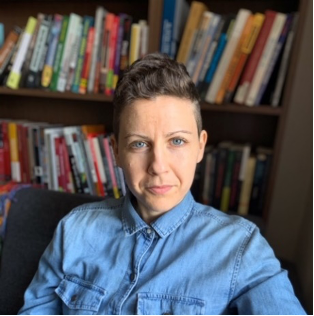Ethics and COVID-19 Vaccine Hesitancy among Health Care Personnel (HCP) in Ethiopia
Panel Session: Personal Decision-Making During a Pandemic
Rachel Gur-Arie, PhD, MS
Vaccine hesitancy in Ethiopia, and low- and middle-income countries (LMICs) generally, is largely under-researched. Additionally, there is limited examination of the ethical dimensions of vaccine hesitancy among healthcare personnel (HCP). Ethical considerations, which are often heightened in LMICs, include challenges with localizing professional ethics norms, conflicts between value frameworks (e.g., personal and professional), and the difficult choices that need to be made when presented with ongoing scarcity in vaccines and other resources to mitigate COVID-19. Vaccine hesitancy among HCP is deeply connected to social, cultural, professional, economic, political, and other factors that present uniquely in Ethiopia. Emerging quantitative data on COVID-19 vaccine hesitancy among HCP in Ethiopia suggest a serious challenge, but these data do not reflect the views of HCP, nor do they examine the ethical dimensions of hesitancy. We share the preliminary findings of a qualitative study involving HCP and policy and practice leaders in Ethiopia, which sought to understand factors contributing to COVID-19 vaccine hesitancy among HCP in Addis Ababa, with an emphasis on normative influences and understanding how different HCP conceptualize and operationalize their vaccine-related ethical obligations. The study, which also sought to explore the obligations of health systems towards HCP, was conducted collaboratively by bioethics and public health researchers at Addis Ababa University and Johns Hopkins University with support from the US National Institutes of Health. Consistent with global pandemic response priorities, we hope the findings from this work will contribute to development of effective and ethically-sensitive vaccination policies and practices, especially in low-resource contexts.
Co-Authors: Adamu Addissie; Yimtubezinash Woldeamanuel Mulate; Svea Closser; Andrea Ruff; Joseph Ali
